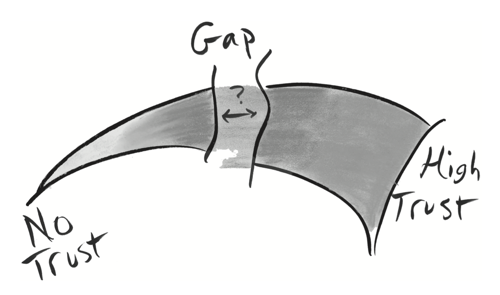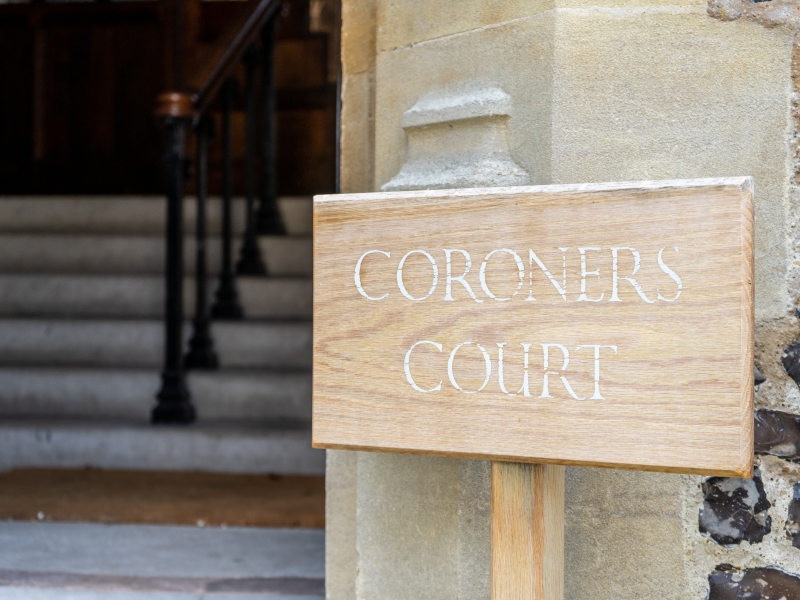
Charities Crisis PR: The Top Five Reputational Risks This Autumn
It has been another challenging year. Widespread dismay over implementation of the Lobbying Act, the trials and tribulations of preparing for General Data Protection Regulation, and, of course, the normal day-to-day competition for those all-important funds.
With the nights drawing in, we take a look at top five reputational risks facing the charities sector this autumn, and the steps you can take to counter them.
1. The Trust Gap
Trust in the sector as a whole has taken a real battering over the last few years. Research conducted on behalf of the Charity Commission found charities’ trust ratings declined to 57% in 2016, down from 67% in 2014. Several negative and particularly high-profile stories combined to severely dent public confidence and hamper fundraising performance.

Concern continues to focus on governance and effectiveness – in the wake of various failures, people are now routinely demanding to know more about how their donations are being spent, the way in which charities are run, and the specific fundraising methods used.
Now is a good time to take stock of your organisation, assessing its robustness when it comes to answering those key questions.
Those charities that have a clearly understood purpose, a transparent and easy to understand approach to fundraising, and a demonstrable track record in providing support where it counts, will continue to thrive.
2. Poor or stale governance

Good governance is an essential ingredient in any successful charity.
But just how good is yours, and when did you last review it?
If the last few years have taught us anything, it is that crises move at lightning speed, but they can often be predictable – and in turn, that means avoidable.
Timely and regular reviews of organisational structure, operational systems and policies can keep your charity up to speed with the rapidly changing world outside, anticipating opportunities and challenges, and responding appropriately to them.
3. Ineffective trustees
The role of trustees has been increasingly under the spotlight in recent years, with mounting concern about their degree of involvement.
The days of genial but disengaged passengers on the board are long gone. Despite the fact the role of trustee is a pivotal role, research we conducted in 2016 shows 32% of charities fail to review their trustees’ performance and their interactions with the rest of the organisation.

This failure to assess performance means there are no objective means by which it can be improved. According to the National Trustee survey, 82% of respondents said that better trustee training would be helpful. It not only makes them more effective, but also strengthens their bonds with the organisation.
Governance reviews will help to bolster this vital role, but it is also important that everyone involved is clear on their responsibilities – that the trustees know what is required of them, and the charity actively seeks their input in a structured, transparent and properly recorded way.
Clear lines of responsibility and accountability are essential.
4. Mismatched partnerships

Third party risks are often overlooked when charities review their operations.
A regular audit of partners and stakeholders should be part of your routine review package, an opportunity to ask whether they still share your aims and ethics.
Failure to keep pace with the nature of these relationships caused severe difficulties for a number of charities when the methods being used by their fundraising partners were called into question for being seriously at odds with their own ethos.
5. Overlooking the obvious

Reputational risks are ever present, and can often come from the unlikeliest sources.
In far too many cases, obvious red flags have been overlooked or simply ignored, with disastrous results.
Make sure your organisation is doing enough to identify potential issues by conducting reputation and culture audits.
Gather and act on feedback from people in the field. Assess public attitudes to your work through focus groups and, most importantly, act on those findings.
Conclusion
As the old saying goes, a smart man often looks in the mirror.
Being properly prepared almost always means acquiring the habit of carrying out regular reviews, gathering feedback, and a fostering a preparedness adjust the organisation accordingly.
Better that, than waiting for things to go wrong. By then, it’s already too late.
A problem shared is a problem halved. We are always interested in sharing tips and stories based on the practical experiences of people in the field, and would like to include some of them in future communications (anonymously, of course). Please email us at [email protected] or contact 020 7692 5675 for further information.







